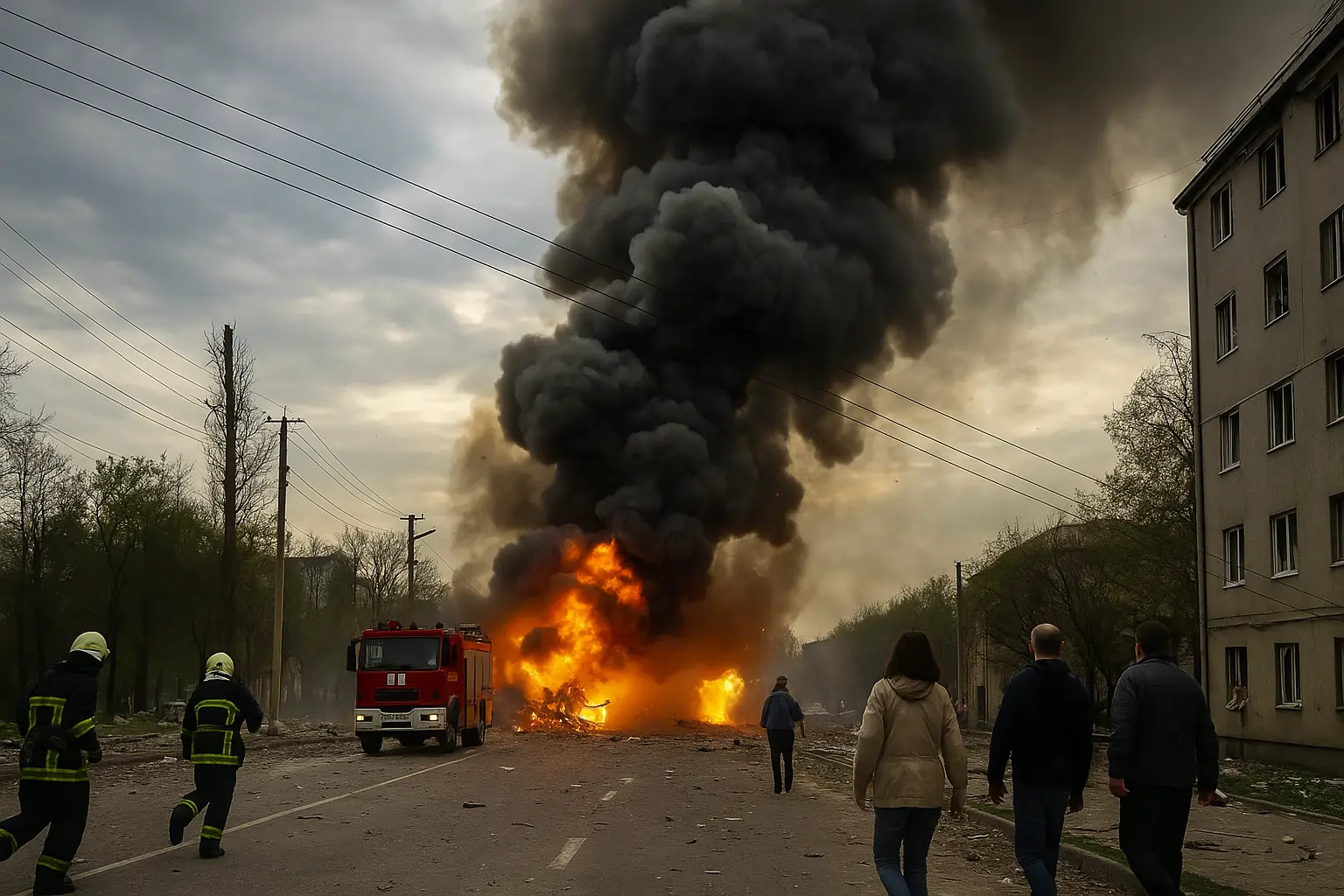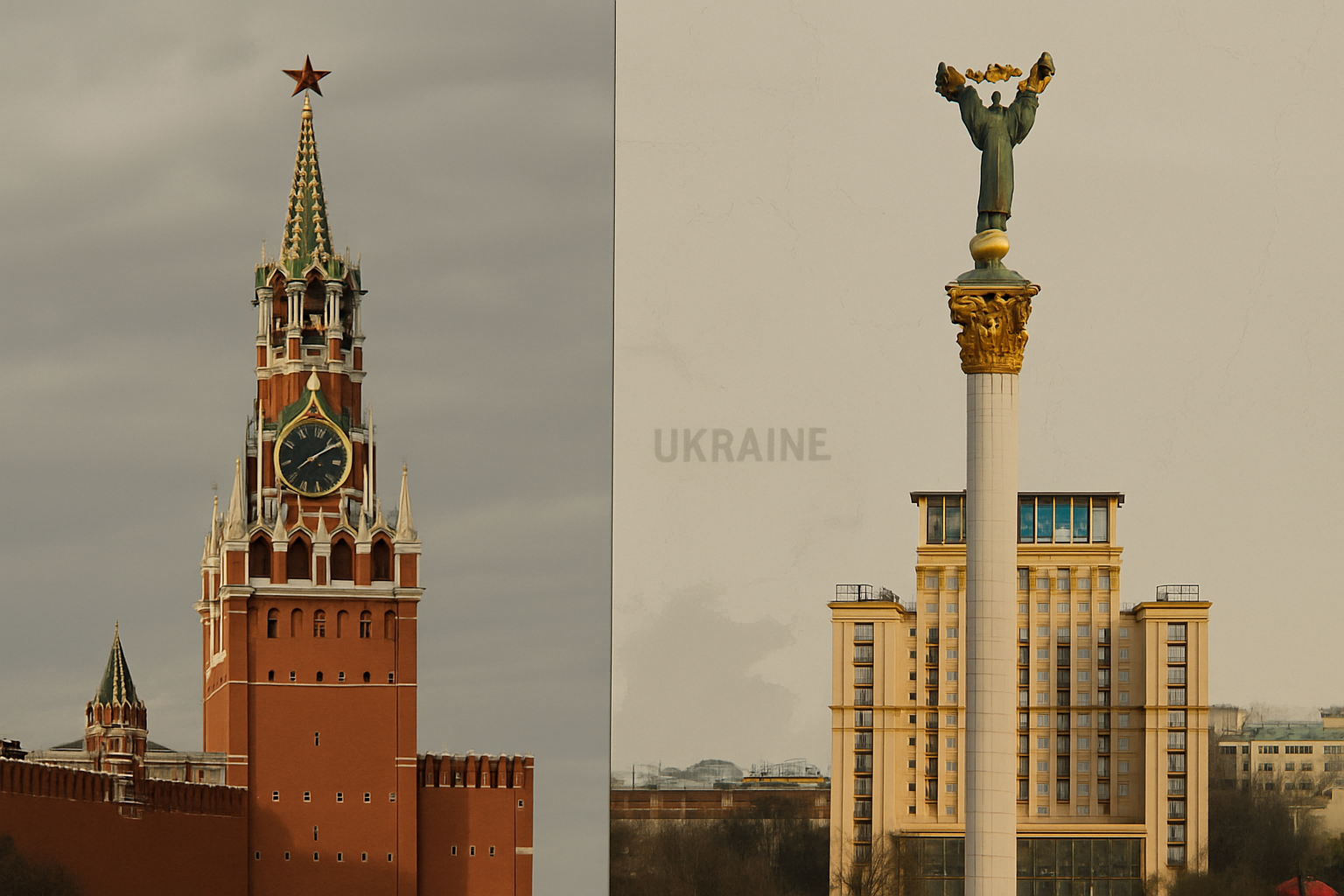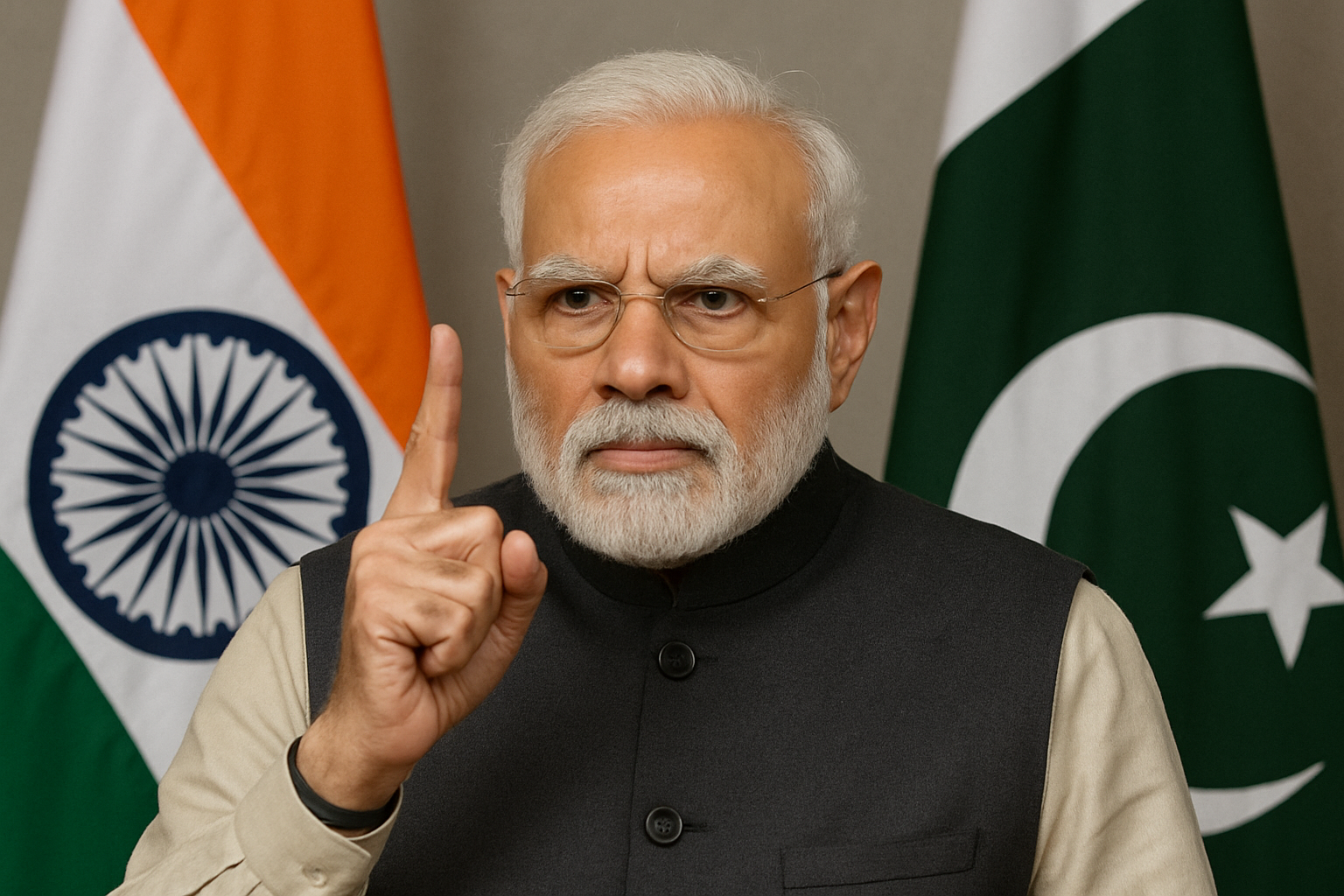The previously tenuous peace along the border of India and Pakistan was again dealt a jolt this week, as there were new skirmishes between the two countries’ armed forces, both of whom are nuclear nations. The confrontations occurred on several sectors of the Line of Control (LoC) as well as the International Border (IB), in the Poonch and Rajouri districts of Jammu and Kashmir, leaving several soldiers injured and at least two civilians reported dead on either side.
Pakistani forces had begun “unprovoked ceasefire violations” at the end of Tuesday night, using heavy shelling and small arms fire to target civilian areas and forward posts, the Indian Army’s official sources said. The Indian side responded with “equal force,” resorting to retaliatory fire to muffle the Pakistani guns, reports said.
Indian Army spokesperson Colonel Rajesh Kalia said, “Our troops reacted suitably to the unprovoked ceasefire violations. We are vigilant and ready to protect every inch of our land.” He added that Pakistan had employed mortars and automatic weapons, inflicting damage on civilian property and infrastructure in the region.
In the meantime, Pakistani security personnel have blamed India for launching the aggression. The Inter-Services Public Relations (ISPR), the Pakistan Armed Forces’ media wing, said Indian forces opened fire on civilian settlements in Pakistan-administered Kashmir, killing a child and injuring some others.
The development has instilled panic in the local populations of villages located near the borders. A majority of families have allegedly vacated their houses and have found shelter in government schools that have been converted into makeshift relief camps and community centers. “We are frightened. Shells began raining from around midnight, and we had to evacuate our children and escape,” commented Shabnam Bano, a village dweller of Poonch district’s border village.
This most recent exchange of fire is among the most egregious breaches since India and Pakistan’s 2021 ceasefire agreement. In February 2021, both nations had reaffirmed their pledge to sustain a ceasefire on the LoC after years of fatal exchanges. The ceasefire had generally held, resulting in a dramatic reduction of border hostilities and civilian casualties.
Defense analysts, however, think that a return to violence could be correlated with increased geopolitical tensions and home political pressures across both countries. Dr. Sameer Patil, a Fellow at the Observer Research Foundation (ORF), stated, “Whenever either country is facing domestic pressure—either elections, economic turmoil, or public agitation—cross-border tension tends to heat up as a diversionary device or to arouse nationalist support.”
The Indian Ministry of External Affairs (MEA) has decried the breach and has called in the Pakistani Deputy High Commissioner to record a formal protest. In a strongly-worded statement, the MEA stated, “Pakistan’s repeated breaches of the ceasefire and its inability to contain terrorist activities along the border are unacceptable. India will take all required steps to secure its sovereignty and the security of its citizens.”
In turn, Pakistan’s Foreign Office also released a statement denouncing what it referred to as “India’s aggression,” and called on the international community to take cognizance of the worsening situation in the region.
The United Nations has urged restraint from both sides. Stéphane Dujarric, UN Secretary-General António Guterres’s spokesperson, said, “The Secretary-General calls on both sides to exercise maximum restraint and enter into dialogue to avoid further escalation.
As diplomatic efforts continue in the background, the situation is still in the balance. Intelligence agencies on both sides are said to be put on high alert, as there is concern that non-state actors may take advantage of the mayhem to conduct cross-border infiltration or terror operations.
The recent outburst also brings a shadow over any hope of diplomatic outreach between New Delhi and Islamabad, which have been in deep freeze ever since the annulment of Article 370 in 2019. With elections around the corner in both nations and increasing regional turmoil, the path to enduring peace seems more elusive than ever.
For the time being, border residents continue to find themselves in the middle of a protracted geopolitical competition, longing for peace to prevail.






